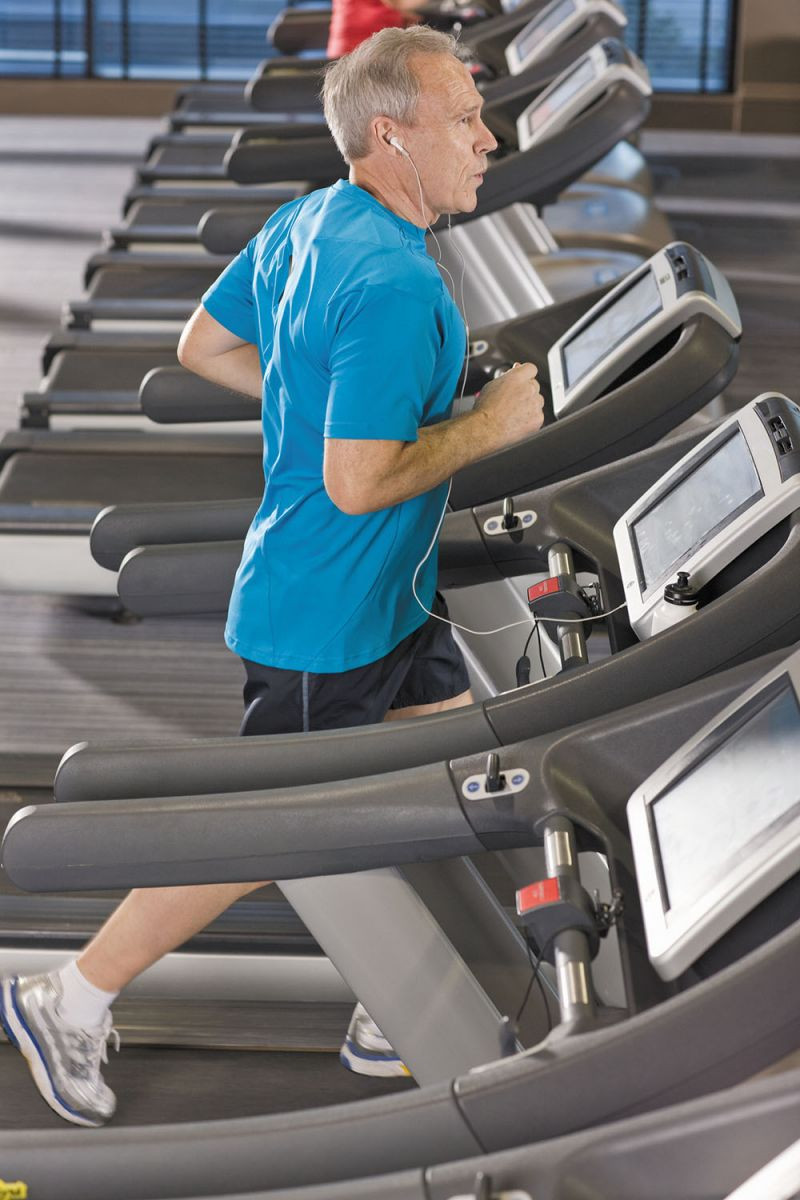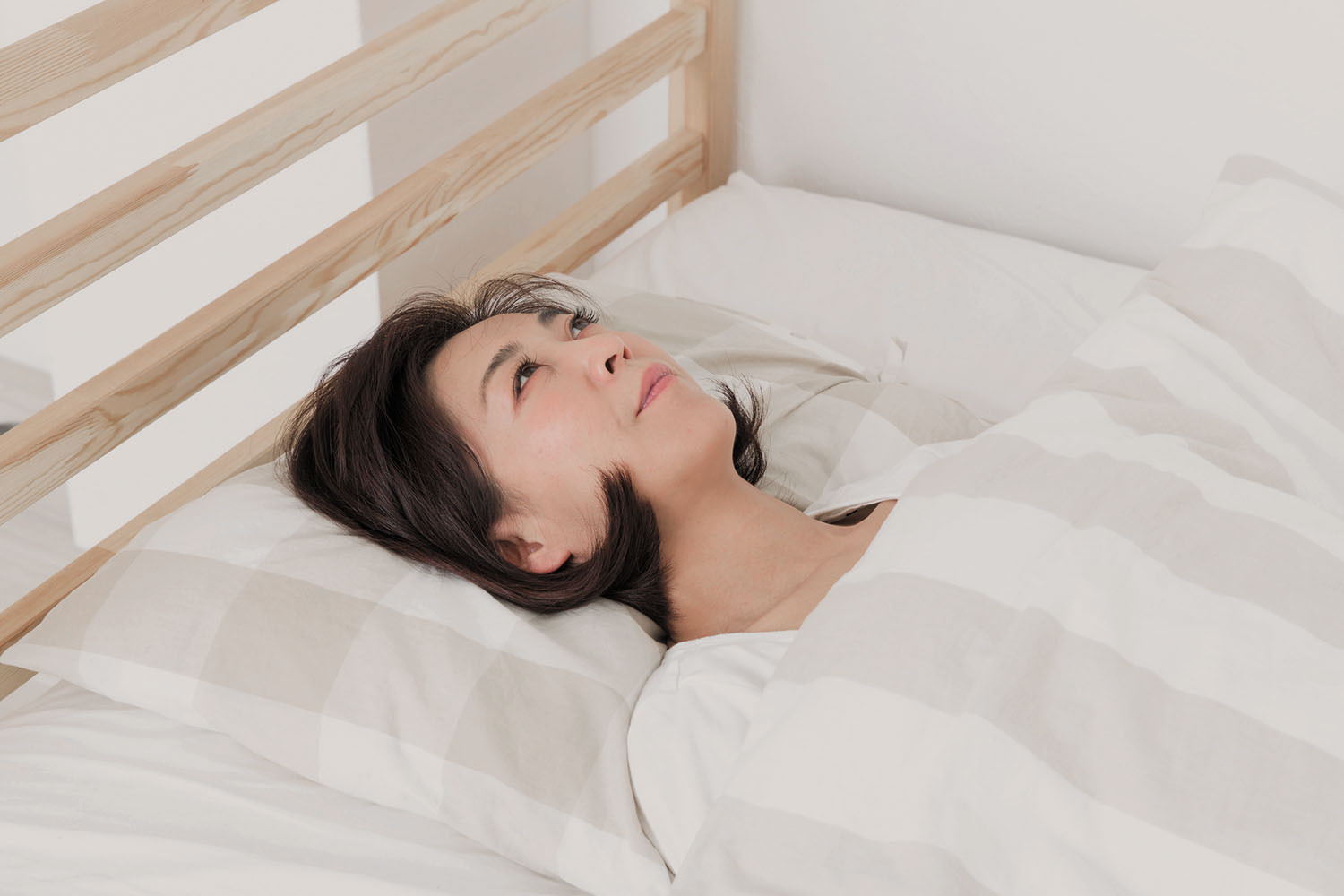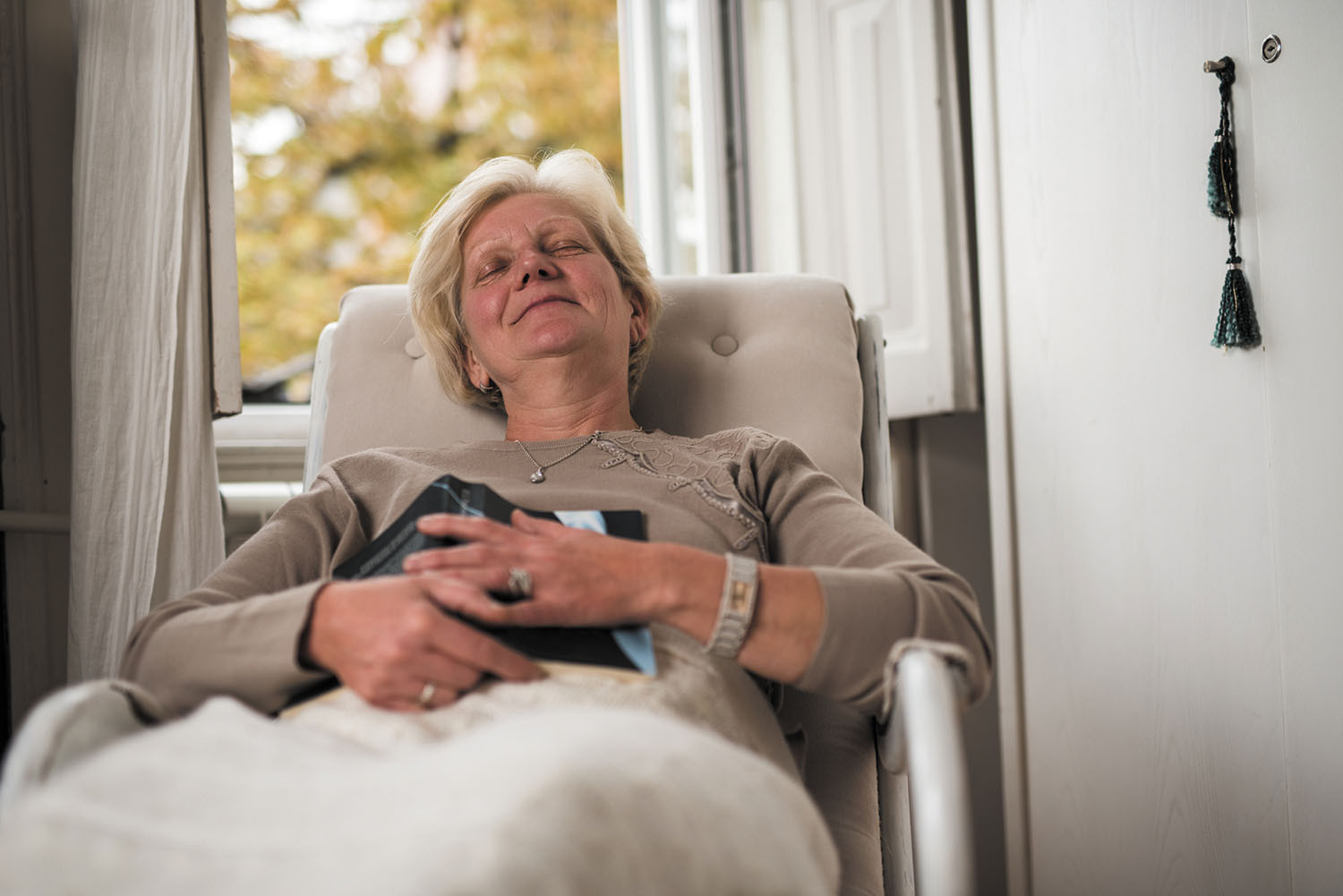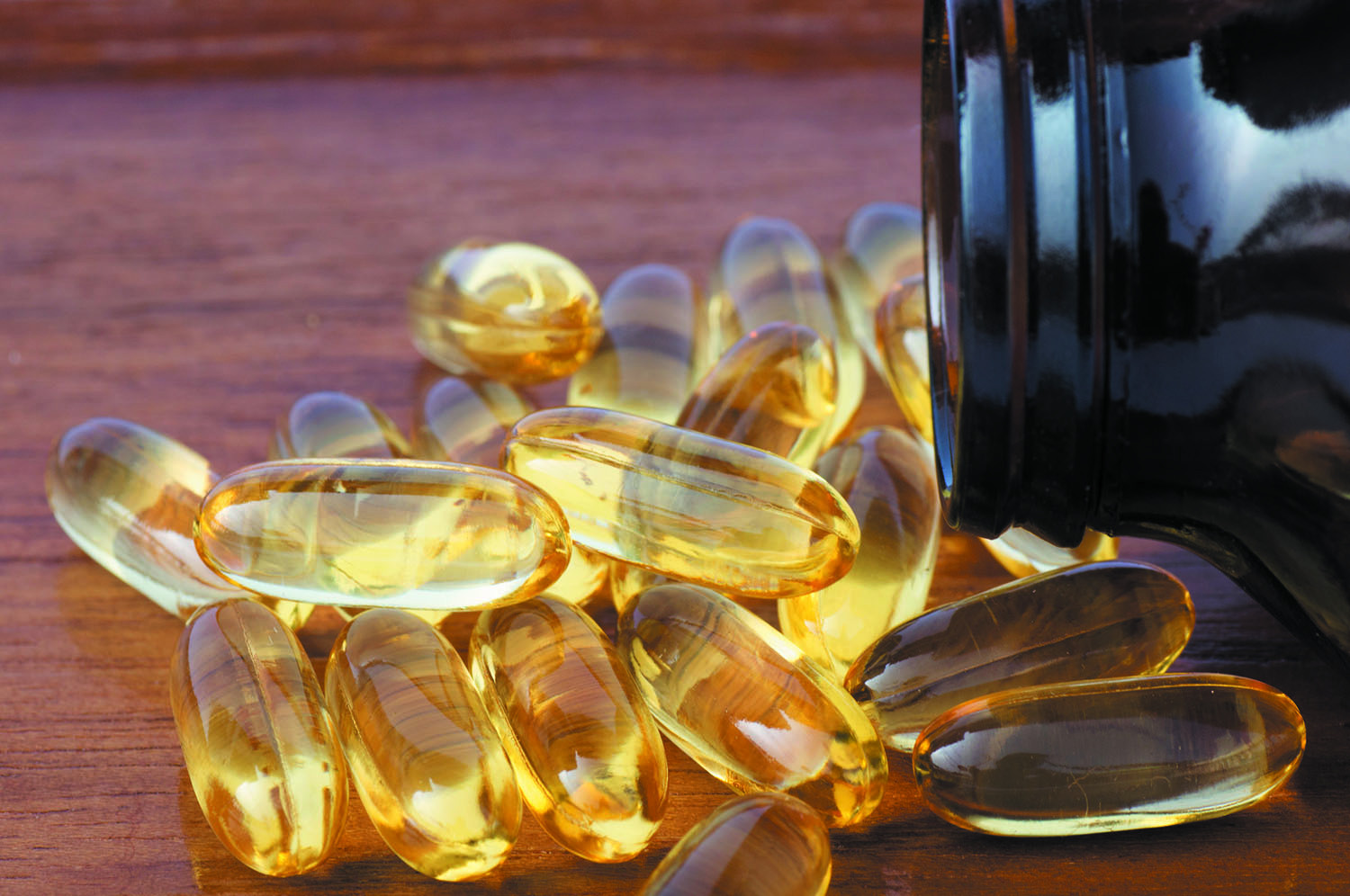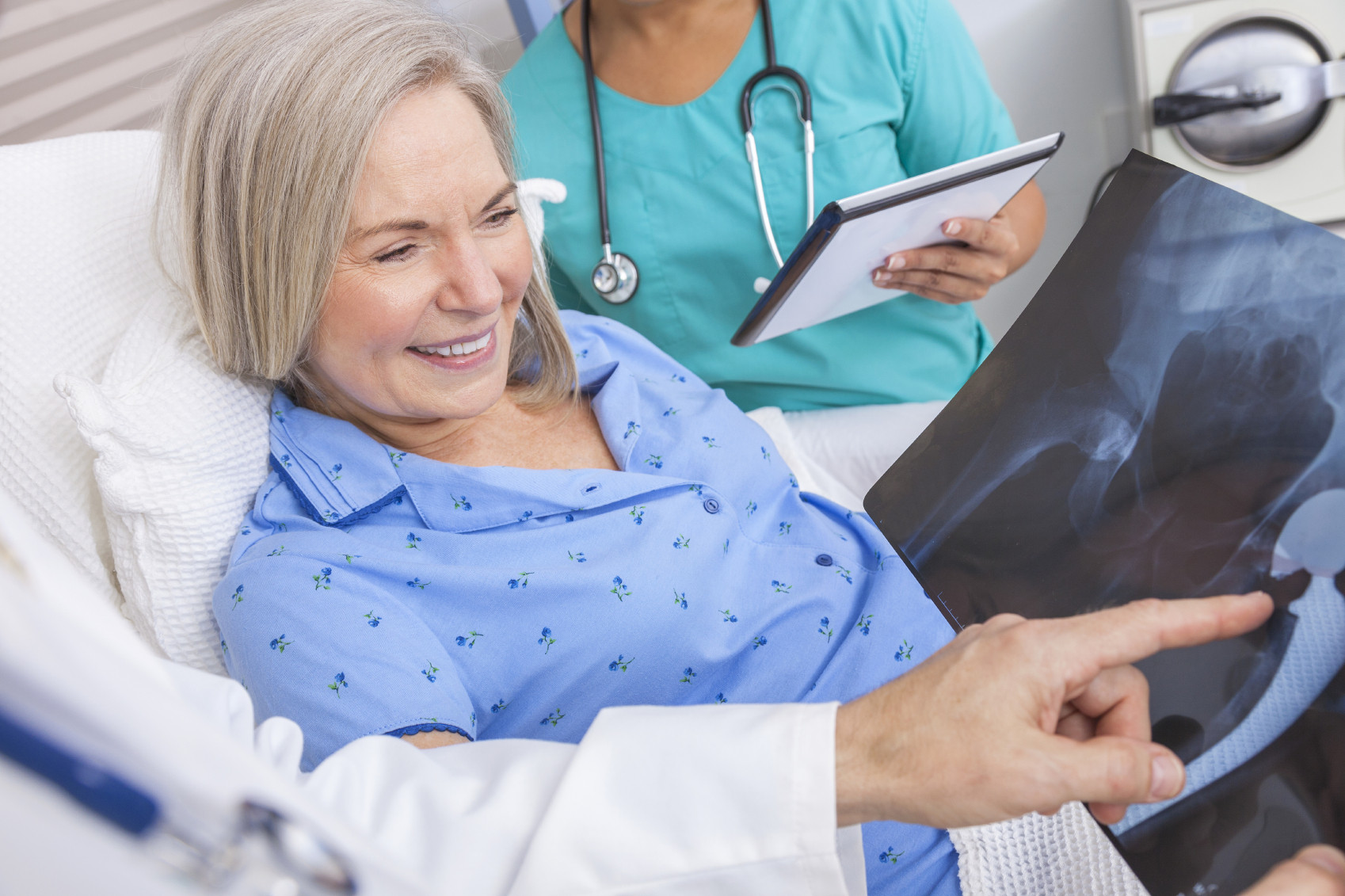
How does prostate cancer treatment affect mental health?

5 timeless habits for better health

What are the symptoms of prostate cancer?

Is your breakfast cereal healthy?

When pain signals an emergency: Symptoms you should never ignore

Does exercise give you energy?

Acupuncture for pain relief: How it works and what to expect

How to avoid jet lag: Tips for staying alert when you travel

Biofeedback therapy: How it works and how it can help relieve pain

Best vitamins and minerals for energy
Staying Healthy Archive
Articles
Greater cardio fitness linked to longer life in older adults
In the journals
It's well established that aerobic exercise improves health, but a new study suggests that better cardio fitness leads to a longer life, and that the benefit may help older adults the most. The results were published online Oct. 19, 2018, by JAMA Network Open.
In the study, more than 120,000 people (59% of them men) underwent exercise treadmill testing periodically over 14 years. The researchers found that increased cardio fitness levels were directly associated with longer lives, and that people with the highest aerobic fitness levels lived the longest, especially among those over age 70.
Shorter sleep may cause dehydration
Image: © miya227/Getty Images
In the journals
Adults who sleep only six hours per night may have a higher chance of being dehydrated, compared with those who sleep longer, according to recent research published online Nov. 5, 2018, by the journal Sleep. The findings suggest that some of the symptoms of inadequate sleep, such as fatigue, fuzzy thinking, and headache in the morning, may be due to dehydration.
Researchers looked at the risk of dehydration in approximately 20,000 U.S. and Chinese adults. In both populations, people who reported sleeping six or fewer hours had up to a 59% higher risk of dehydration compared with those who slept seven to eight hours on a regular basis. The researchers speculated that the finding may reflect the nightly rhythm of a hormone called vasopressin. During sleep, the pituitary gland in the brain uses vasopressin to signal the kidneys to retain fluid in the body rather than excreting it through urine.
Eating enough daily protein may delay disability
In the journals
Eating extra protein may protect older adults from becoming disabled and help them maintain independent lives, according to a study published online Nov. 1, 2018, by the Journal of the American Geriatrics Society.
The recommended dietary allowance (RDA) for protein is 0.8 grams per kilogram of body weight per day. In the study, scientists recruited 722 85-year-olds and examined their medical data, including information like physical activity, what they ate each day, their body weight, and overall health status. Disability was measured from self-reported questionnaires in which the people described how much difficulty they had performing 17 activities of daily living, such as getting in and out of bed, dressing, bathing, doing household chores, and going up and down stairs.
Is it dangerous to sleep sitting up?
Ask the doctors
Image: © BraunS/Getty Images
Q. After I had cataract surgery and facial surgery, I loved sleeping in my recliner for days on end. Does sleeping while sitting up put my brain and vital organs at risk since the blood supply has to travel uphill?
A. Sleeping sitting up in a recliner shouldn't be harmful. It could, in some cases, raise your risk of deep-vein thrombosis, a blood clot in a limb that can occur if your arms or legs are bent and you are motionless for hours. This sometimes occurs in people who sit still for long periods of time in an airplane seat. But provided you are comfortable and can recline back slightly, there should be few risks to sleeping upright, assuming it doesn't interfere with your ability to get a good night's sleep.
Vitamin D and omega-3 fatty acids supplements fall short when it comes to disease prevention
Image: © Hunterann/Thinkstock
Research we're watching
For years, many have speculated that taking vitamin D and omega-3 fatty acid supplements might help to prevent heart attacks, strokes, and certain cancers. But a study by Harvard researchers published online November 10, 2018, by The New England Journal of Medicine has found that the benefits may be more limited than originally hoped.
The results of the Vitamin D and Omega-3 Trial (VITAL), which enrolled more than 25,000 people and ran for more than five years, showed that while omega-3 supplements did appear to reduce the risk of heart attack, particularly among African Americans, they did not appear to be effective in preventing stroke or cancer. Vitamin D supplements also saw few benefits when it came to preventing heart attack, stroke, or cancer — but they were associated with a drop in cancer deaths in people who had taken the supplements for at least a year or two.
How to spot the most common “food fakes”
Healthy-sounding claims on food packaging can be misleading. Here's how to find impostors.
Image: © DjelicS/Getty Images
The New Year may have you thinking about a healthier diet, but you may need to do some detective work to find the healthiest foods in your grocery store. Food manufacturers often use terms that make products sound healthier than they are.
"Finding the healthiest foods takes time and effort, and we want things that are quick and easy. We need to take a couple of steps back and look beyond the flashy labels to see what actually is — and isn't — in the foods," says registered dietitian Kathy McManus, director of the Department of Nutrition at Harvard-affiliated Brigham and Women's Hospital.

How does prostate cancer treatment affect mental health?

5 timeless habits for better health

What are the symptoms of prostate cancer?

Is your breakfast cereal healthy?

When pain signals an emergency: Symptoms you should never ignore

Does exercise give you energy?

Acupuncture for pain relief: How it works and what to expect

How to avoid jet lag: Tips for staying alert when you travel

Biofeedback therapy: How it works and how it can help relieve pain

Best vitamins and minerals for energy
Free Healthbeat Signup
Get the latest in health news delivered to your inbox!
Sign Up
